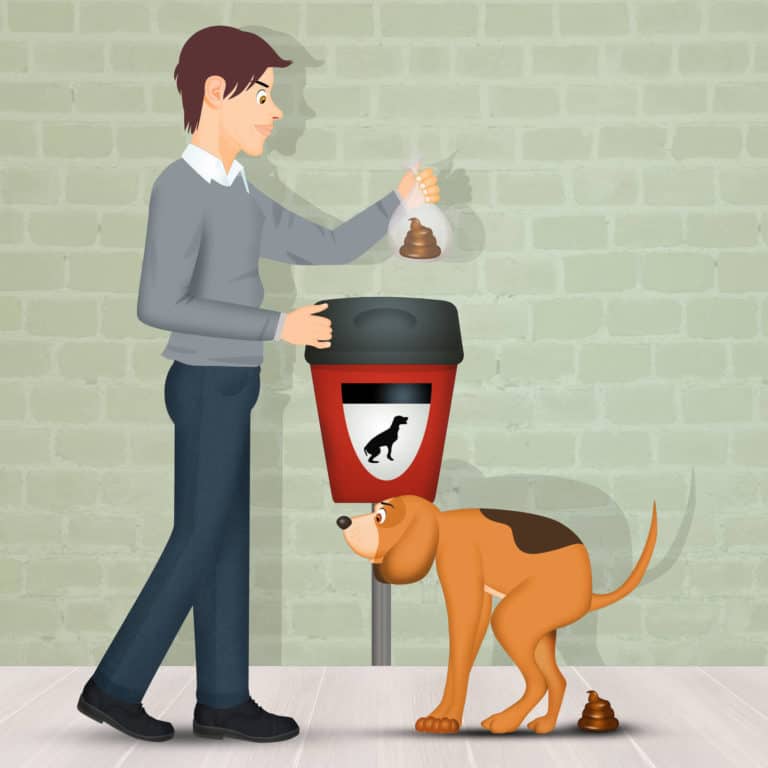Most likely, you’ve heard of recycling. It’s the process of reusing materials, or properly disposing of waste that can’t be naturally broken down. Today, folks are much more conscious about how we treat our planet, and many communities around the globe make recycling easy and accessible to all. Anything that you may perceive as being garbage could potentially be recycled. Recycling has also come a long way in the last couple of decades. It’s not just about throwing out your old newspapers in the green bin anymore. With new technologies and environmental awareness, recycling has become a regular part of our everyday lives.
What materials can be recycled?
- Paper + cardboard: Newspapers, magazines, office paper, mail, cereal/snack boxes, shipping packages, egg carton
- Glass bottles and jars
- Plastic products: Drink bottles, product containers, loose plastic bags
- Metal containers: Tin, aluminum, steel cans
- Food: Today many towns have composting programs in place to turn food waste into potting soil and fertilizer

Recycling: Pros vs. Cons
There are numerous benefits to recycling from helping the environment to the economy, but are there also negatives? Let’s take a look at some of the positive effects and the disadvantages of recycling.
Pros:
The environmental benefit.
Okay, this one is obvious. Recycling materials like plastic and metal keeps them out of our oceans, landfills, and clear of any animal’s bellies. No more turtles with straws stuck their nose and pelicans trapped in six-pack rings.
Conserves natural resources.
Recycling helps protect our earth’s raw materials, minerals, and trees. We  need coal, gas, and natural oil to satisfy our daily human needs. Also, recycling things like scrap metal and aluminum reduces the need for natural resources.
need coal, gas, and natural oil to satisfy our daily human needs. Also, recycling things like scrap metal and aluminum reduces the need for natural resources.
Recycling creates jobs.
Did you know that for every one job created in the waste management industry, the recycling industry creates four? Recycling plants contribute to vital job growth in communities all around the US. Plus, it’s an excellent option for a good, middle-class job for people without formal education.
Cons:
Recycling can be expensive.
Recycling critics claim the costs of adequately disposing environmentally harmful materials simply outweigh the benefits. Some communities say they don’t have the funds to operate recycling programs. Taxpayers are the ones who front the bill for these curbside recycling programs, which can cost $50 to $150 dollars per ton.
ones who front the bill for these curbside recycling programs, which can cost $50 to $150 dollars per ton.
It can be inconvenient.
Some people want to throw away all of their trash in one bin and move on. Taking the time to sort out waste into separate bins can be time-consuming.
More pollution and energy consumption.
Recycling tons of garbage requires sorting, transporting, cleaning, and this is all usually done in separate factories, all of which consume massive amounts of energy. More trucks are used to
move these recyclable products from point A to point B, causing more air pollution.
Generally speaking, most people are pro-recycling. While it may not be the perfect solution to our environmental woes, it does come with significant benefits. Some may see it as an inconvenience, but recycling has empowered families and businesses to do their part in making their community a more eco-friendly place.






